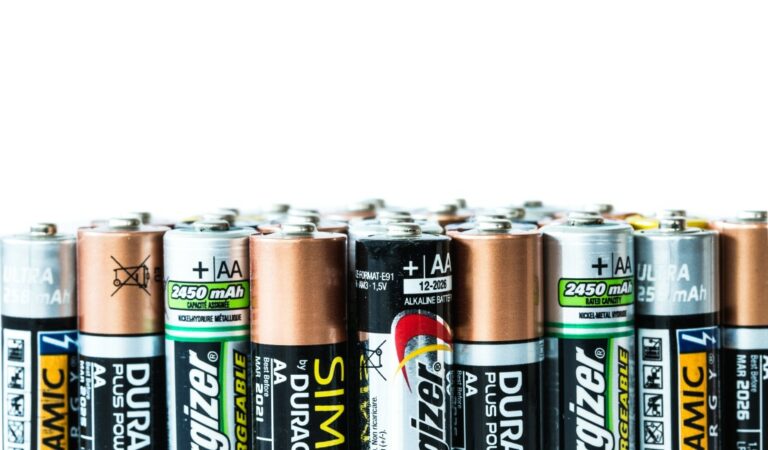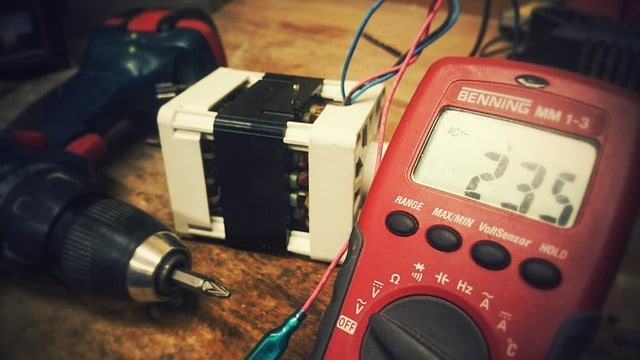As a society, we are dependent on technology and electronics and the waste associated with these products only continues to grow.
The batteries used to power all of our devices are a big part of that waste, and it is important that these are properly recycled.
To date, there are no legal requirements for the consumer to recycle batteries in New Zealand. However, properly doing so prevents them from ending up in landfills and further destroying our environment.
Batteries Are Meant To Be Recycled
While most individuals think of plastic water bottles, cans, or cardboard when they think of recycling, batteries are actually one of the most successfully recycled items. Almost 97% of a lead-acid battery can be recycled, compared to 55% of aluminium and only 45% of newspapers.
This means that when you recycle some batteries, the majority of their components and materials are not going to waste and can be refurbished or repurposed for use elsewhere. In fact, a new lead-acid battery typically contains 60% to 80% recycled lead and plastic, so the cycle can almost go on indefinitely.
Since this process can be repeated over and over, the amount of waste going to landfills is very minimal and the cost of creating new batteries is much lower.
Importance Of Recycling
Recycling is an extremely important process to help protect our planet, environment, and limited natural resources. Electronic waste is one of the fastest-growing sources of waste around the globe and shows no signs of slowing down.
Single-use alkaline batteries are one of the most commonly used battery types, with global production exceeding 10 billion units per year. However, the majority of these batteries end up in landfills — instead of at the recycling plant where they belong.
Many of the household and industrial products that we use regularly contain batteries that can be recycled, but oftentimes the entire product is disposed of without regard for the batteries inside.
When any type of battery is not properly disposed of, the chemicals and toxins within can seep into the soil in the landfill and cause a wide variety of issues. Most batteries contain heavy metals like mercury, lead, and cadmium that can be very dangerous to your health and the environment.
Items like watches and calculators have silver-oxide in them while hearing aids, pacemakers, and photo equipment have batteries containing mercury. The lithium-ion batteries used in phones, appliances, and power tools can be very dangerous as well.
These heavy metal compounds can react with rainwater that pools in the landfill, which can lead to the formation of a toxic soup called leachate. This can contaminate the local water supply or evaporate into the atmosphere, negatively affecting the health of nearby communities.
Exposure to lead can cause lead poisoning, which can result in paralysis, cause a coma, or even be fatal. Mercury is a very potent neurotoxin that can damage the brain, liver, and kidneys, and is especially dangerous to young children.
To put it lightly, these materials are not things that you want in your water supply or the air you breathe.
Recycling batteries is an essential way to keep these toxins out of the environment, and many countries have laws requiring the recycling of certain batteries to combat these issues.
How To Recycle Batteries
Recycling batteries is difficult and complex without standard systems in place for consumers and recycling companies.
As mentioned above, there are no legal requirements for the consumer to recycle batteries in New Zealand.
Some councils, like the Auckland Council or the Christchurch City Council, recommend that car batteries be disposed of properly at battery recycling facilities.
While car batteries are often recycled because consumers receive a small payout upon trade-in, the most common household batteries like single-use AA or AAA batteries, are not often recycled. These are used for items like toys, TV remotes, flashlights, and other small electronics. To properly recycle these, you can search for a recycling centre that accepts them.
Before taking single-use batteries in, place a piece of non-conductive tape over the ends and place them in a small plastic bag. This will help prevent the batteries from shorting each other out with any residual current.
Rechargeable batteries are especially bad for the environment. They can be found in cellphones, cameras, and laptops, and these batteries should not be thrown in the trash. Contact your local council to find the nearest battery recyclers in your area.
When recycling any batteries, be sure to remove them from the electronic device they came in, and check for any additional safety steps required by the company accepting them.
Get your business noticed by creating an online directory listing. Listings are FREE and you can create as many as you need.
- Get found by locals



